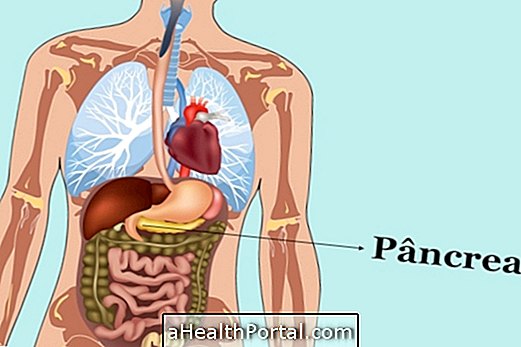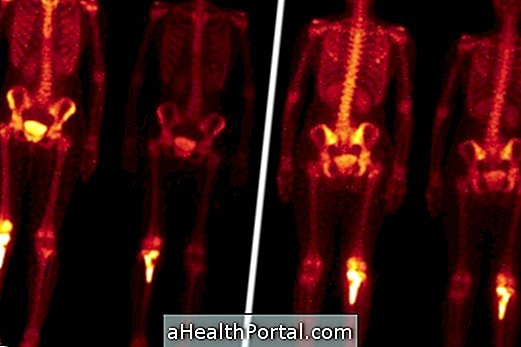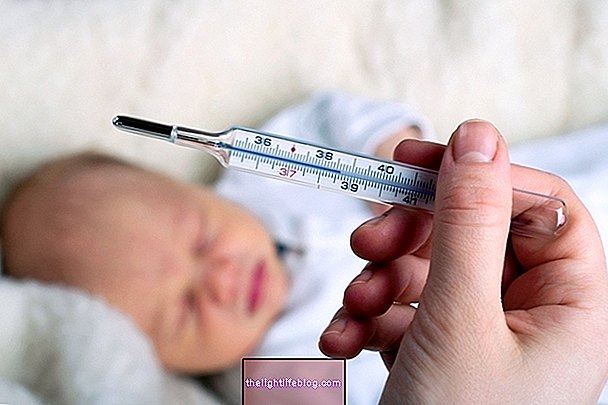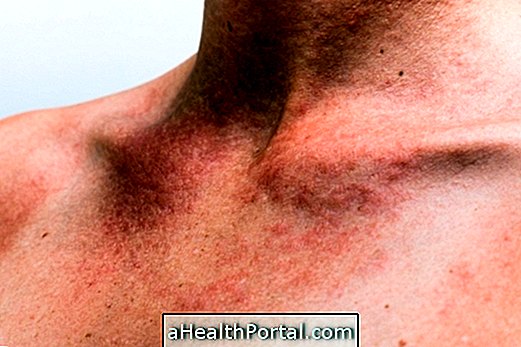The first recorded cases of Ebola fatalities emerged in Central Africa in the year 1976 when humans were contaminated through contact with corpses of monkeys.
Although the origin of Ebola is unknown, it is known that the virus is present in some species of bats that do not develop the disease but can transmit it. Thus, it is possible that some animals, such as the monkey or the boar, eat fruits contaminated with the saliva of bats and, consequently, infect humans by consuming the boar contaminated as food, for example.
After contamination through animals, humans are able to transmit the virus to each other in saliva, blood and other body secretions, such as semen or sweat.
Ebola has no cure and therefore it is very important to avoid transmission of the virus from person to person by placing patients in isolation and wearing special protective clothing.
There are 5 types of Ebola
There are 5 different types of Ebola, named according to the region where they first appeared, although any type of Ebola has a high mortality rate and causes the same symptoms in patients.
The 5 known Ebola types are:
- Ebola Zaire;
- Ebola Bundibugyo;
- Ebola Ivory Coast;
- Ebola Reston;
- Ebola Sudan.
When an individual is infected with one type of Ebola virus and survives, it is immune to this strain of the virus, yet it is not immune to the other four types and can contract Ebola again.
How Ebola Transmission Happens
The transmission of Ebola occurs through direct contact with blood, saliva, tear, sweat or semen from patients and infected animals, even after death.
In addition, transmission of Ebola can also occur when the patient sneezes or coughs without protecting the mouth and nose, however, unlike the flu, it is necessary to be very close and with more frequent contact to get the disease.
Normally, individuals who have been in contact with an Ebola patient should be monitored for 3 weeks by measuring body temperature 2 times a day and if they have a fever above 38.3 °, they should be hospitalized to begin treatment.
How to protect yourself from Ebola
In order to protect yourself from Ebola, avoid contact with infected patients and animals, wear special protective clothing with a mask, a lab coat, glasses and gloves, as well as wash your hands often and avoid visiting public places with lots of people.
Useful links:
- Ebola Virus
- Symptoms of Ebola
- What to do not to catch Ebola





















